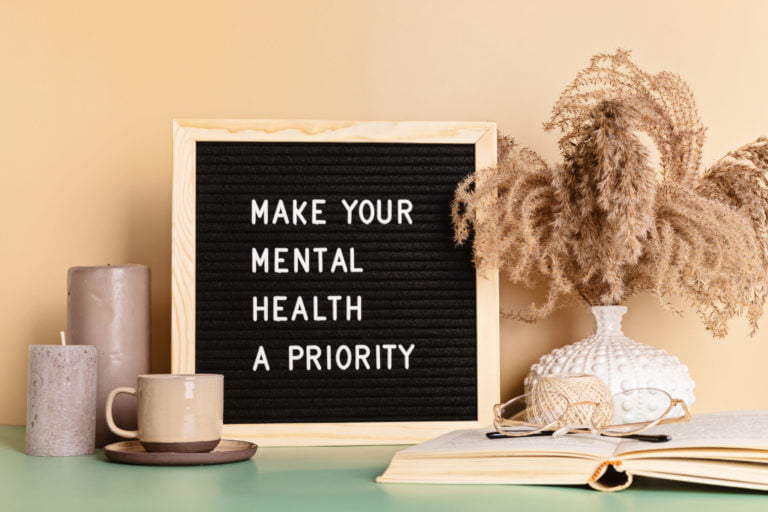Teens and young adults are often helped by mental health services more than any other age bracket. This is a time in a young person’s life where the pressures of transition from childhood to the responsibility of adulthood can be overwhelming. These unique stressors take their toll on the mental health of millions of young people all over the United States and the world. Adolescent patients can be assisted in a variety of different ways, and it all hinges on the particular kind of mental health issue that your teen needs help with.
Mental health treatment for teens is a varied set of tools, and everything from behavior analysis to substance abuse counseling can be covered by a mental health professional who is working with your child. For many, the addition of a therapist to speak with can be a life-changer. Others will benefit the most from a more encompassing course of treatment for mental illness troubles. Mental health treatment is all about the particular needs of the patient, and in any therapist’s office, plotting this course based on your child’s history, mental health needs, and more offers the starting point for any new treatment plan.
This might not sound very specific to parents who are going through this process for the first time, but the truth is that it can be hard to anticipate the precise course of action that any health care professional will recommend. That said, the expectations are often quite similar regardless of the approach taken by your treatment team. Continue reading to discover how your teen is likely to be cared for by your mental health specialists.
Some teens benefit greatly from simple talk therapy.

Talk therapy, or psychotherapy, is the most straightforward approach that health care professionals will utilize when diagnosing and treating mental health issues in adult and adolescent patients. Psychotherapy involves regular sessions in which the patient talks through their experiences and emotions. They can speak about whatever is on their mind, and the psychologist, therapist, or counselor acts as a kind of guide. By leading the conversation toward inherent solution opportunities, patients are able to work through many of their hold-ups with little intervention from the therapists themselves.
Simply speaking about the things that are bothering you is a powerful way to tackle many issues, and this is especially true for young people who are naturally gifted problem solvers.
A more hands-on approach can be highly beneficial as well.

Another avenue that many parents and children opt to go down is the use of counseling treatment programs. Inpatient options can serve a greater function in the pursuit of more stabilized mental well-being, and for many young adults, managing a mental health disorder or substance abuse issue (alcohol, drug use, or other substances) can be made easier with the help of live-in assistance. Joining a recovery program provides a landscape of healing for your loved one, and while it may seem like a big step to “send away” your child for days or weeks at a time, it can truly be transformative for their health over the long term.
A program like this provides a blank slate for your teen to grow and recover from whatever has been holding them back. With the nurturing support of staff members, blossoming into the vibrant and positive person that you know they can be is easier than ever before. Likewise, the safe space that programs create gives your loved ones the firm and caring foundation they need without all the mental clutter that comes from the minutiae of daily life.
With these frameworks in mind, getting the help your child needs is a bit easier.







